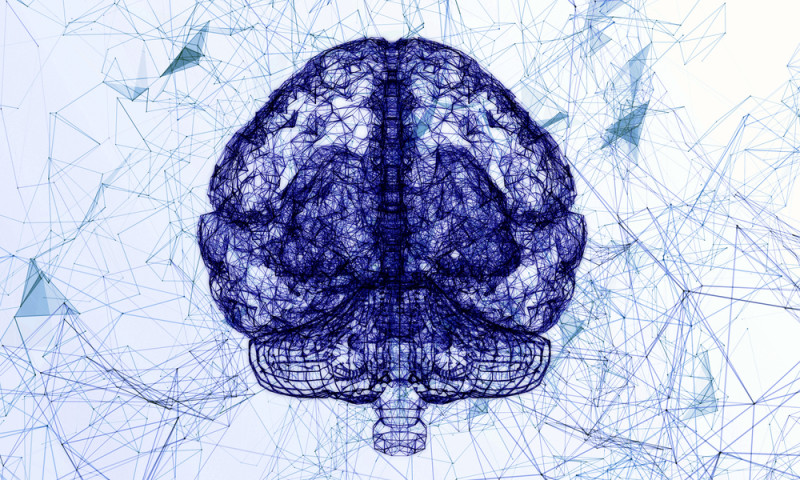World Brain Day Focuses on Global Access to Treatments
Written by |

Maxim Gaigul/Shutterstock
The first World Brain Day, created by the World Federation of Neurology (WFN), occurred seven years ago, and since then has been devoted to raising awareness about disorders such as Parkinson’s disease, stroke, and epilepsy.
This year, WFN, which represents 122 national neurological societies, is turning its attention to multiple sclerosis (MS), which affects more than 2.8 million people globally.
The Stop Multiple Sclerosis campaign, in collaboration with the MS International Federation (MSIF), begins Thursday — World Brain Day —and will last until October, which intersects with the World Congress of Neurology and the European Committee for the Treatment and Research in Multiple Sclerosis (ECTRIMS) Congress.
“Multiple sclerosis is one of the most common diseases of the brain,” said Tissa Wijeratne, chair of World Brain Day 2021 in an announcement video. “[It] can be a debilitating disease for some of our patients.”
Today (July 21), Wijeratne will host a Facebook Live previewing the campaign. And on the day of the event, WFN and the MS International Federation, are hosting a joint webinar at 7 a.m. ET with a panel of WFN and MSIF members. Questions for the Q&A segment may be submitted on an online form.
Key messages for the event include disability as a result of the condition, which can result in cognitive impairment and severe physical impairment, the sheer number of those affected by the disease, educating physicians about MS for early diagnoses, improving treatment access globally, and advocating to improve the quality of life for people with MS.
“Every five minutes someone somewhere in the world is diagnosed with MS,” said Orly Avitzur, MD, president of the American Academy of Neurology, in a video message on the World Brain Day 2021 website. “While there are many advances in therapies to help MS patients improve their quality of life, neurologists are now focusing their research on finding ways to not only stop nerve damage but also repair nerve damage and restore function,” she said.
A handful of disease-modifying treatments for MS are available, including Copaxone (glatiramer acetate injection), Gilenya (fingolimod), Lemtrada (alemtuzumab), Mavenclad (cladribine), and Ocrevus (ocrelizumab). According to an emailed statement from Wijeratne, there are more than 15 treatments available that can either halt or reverse the disability caused by MS. However, patients in certain countries cannot access them.
As part of the event, WFN is promoting MSIF’s Atlas of MS 3rd Edition, which has uncovered some of those health disparities, including the fact that, in seven of 10 countries (it used data from 107 nations), MS patients have difficulty accessing disease-modifying therapies, and in 40% of countries, therapies for invisible MS symptoms such as fatigue and cognitive impairment are nonexistent.
“I’m really passionate about the value of data and the insight that that can bring while keeping people’s voices at the heart of any change that the organization might want to make,” said Rachel King, international evidence manager at MSIF, who planned, gathered data, and ran analysis for the Atlas of MS. “We would call on people to use this data to try to make sure as many people with MS can have access to highly efficacious treatments.”
The MS International Federation has provided a World Brain Day 2021 toolkit so interested individuals can spread the Stop MS message via social media. It includes suggested text to post along with images suitable for Facebook and LinkedIn and square images for Instagram. MS patients and caregivers are invited to send a 90-second video of their MS story to [email protected].
“We will all work together to stop multiple sclerosis once and for all,” Wijeratne said.



